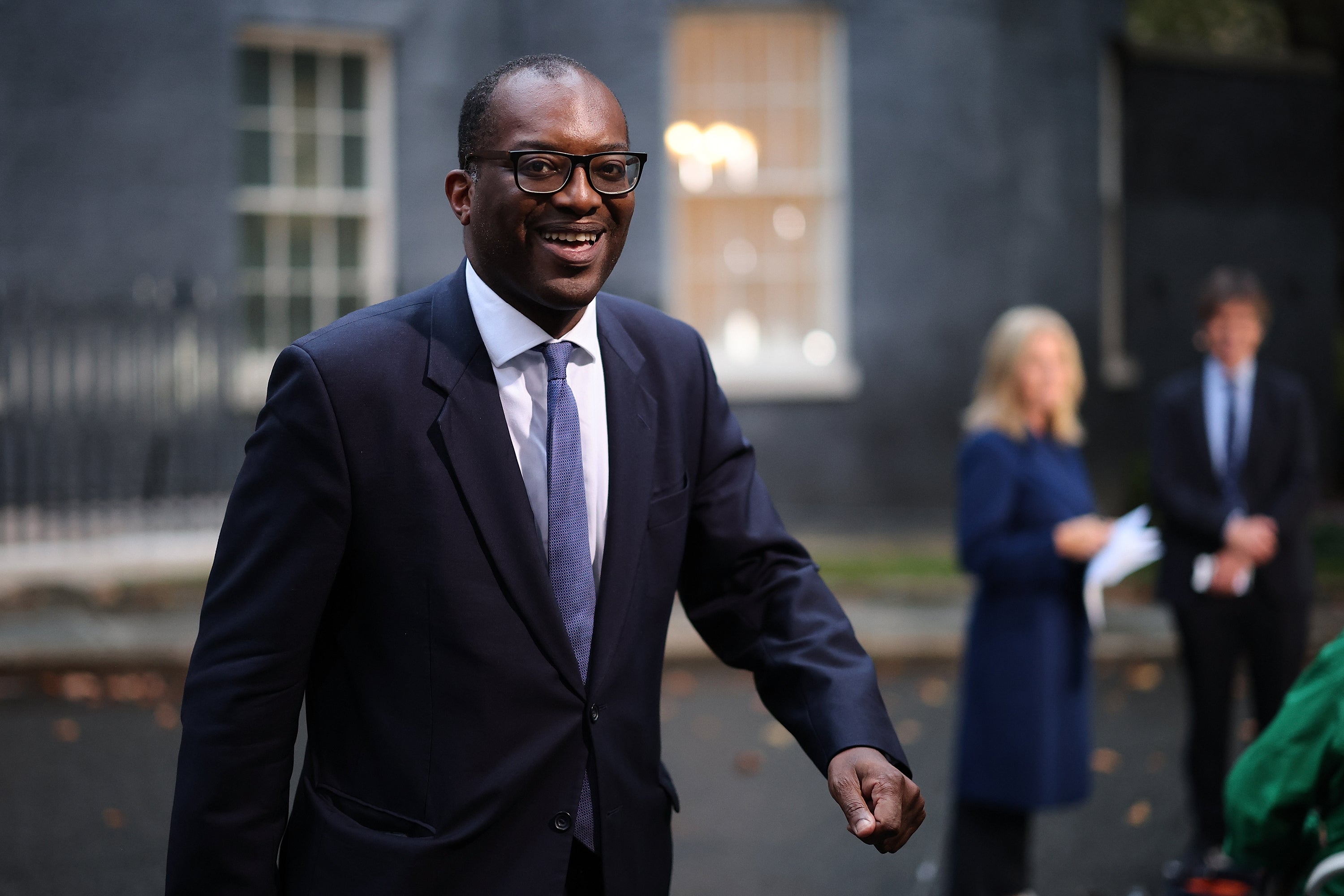We cannot afford to forget the lessons of the past on bankers’ bonuses
Editorial: The British taxpayer has better things to do with their money than rescue the bankers from their own greed – again

Even if it was a brilliant idea to remove the cap on bankers’ bonus payments, the timing is exquisitely inept. Most of the nation – for a change, this encompasses the comfortably off – is faced with an unparalleled squeeze on living standards, a doubling of fuel bills (even under the government’s energy price “guarantee”), and inflation hurtling towards 20 per cent a year.
The investment bankers – we are not talking about the branch manager at the local Halifax – are already paid sums that look like Lotto wins. Now the government wants to give them a little extra. Well, quite a substantial bit extra, in many cases.
Indeed, Kwasi Kwarteng and Liz Truss appeared to take delight in throwing in a 1 per cent cut in their national insurance contributions. All this, as well, when Downing Street has set its face adamantly against a windfall tax on the super-profits made by the energy producers. None of this will encourage wage restraint in the public sector, or elsewhere. It will, though, create resentment.
It seems tin-eared, but Mr Kwarteng takes himself seriously as a conviction politician, with most of his policies apparently designed to take the Conservative Party back to its neglected free-market instincts. Ms Truss sees herself similarly, and appears to be strongly influenced by Mr Kwarteng. It is the kind of messaging that won her the party leadership and her place at the head of the nation because it goes down well with Tory activists who long to hear less about fairness and more about the small state. The chancellor’s problem is that the voters do not share his enthusiasm. Perhaps, being cynical, it seemed a good day to slip news like this past a distracted public.
There is a case for reviewing bankers’ remuneration. It may well be, as Mr Kwarteng apparently believes, that the bonus restrictions in the UK are making the financial services sector less competitive in comparison to its east Asian and American counterparts. Paris is cited as a new rival with advantageous tax rates.
But there is a reason, seemingly neglected, why these bonuses were constricted: the financial crash of 2008, and the ensuing recession and costly nationalisation of the big banking groups. To put things at their simplest, huge bonuses distorted incentives in parts of investment banking, promoting risk-taking and eventually bank failures. The interests of bankers and traders were poorly aligned with those of taxpayers in a world to whose economy the global investment banks were so central.
We are still living with the consequences of past mistakes in deregulation, and the lessons are too quickly forgotten. To take a few disparate examples, the outbreak of “mad cow disease” in the 1980s occurred because animal feed rules were relaxed. The Grenfell disaster has its origins in the building regulations. And loopholes in employment legislation allowed P&O summarily to sack its ferry staff. Ms Truss and Jacob Rees-Mogg are actually now promising more of the same, supposedly in the cause of seizing those elusive Brexit “opportunities”.
To keep up to speed with all the latest opinions and comment, sign up to our free weekly Voices Dispatches newsletter by clicking here
Britain is also still paying for the errors made in the eras of “self-regulation” and “light touch”, between the “Big Bang” upheavals in 1986 and the crash two decades later. Britain followed the misguided path set by the US in the 1990s, when Washington weakened the division of high-street and investment banking established in the 1933 Glass-Steagall Act – itself a reaction to the crash of 1929 and the subsequent slump.
Now, having nationalised the oversized banks and their losses, the UK has the burden of a higher national debt than it would have had otherwise, and the cost of servicing it diverts funds from public services. This gave us a decade of austerity. It cannot happen again, or be contemplated even as a small acceptable risk in a distant future: the downside is just too horrendous.
There is a strong case, therefore, for keeping the ban on bonuses and allowing the American and Asian banks to steer themselves over the cliff if that is what they wish to do. The British taxpayer has better things to do with their money than rescue the bankers from their own greed – again.



Join our commenting forum
Join thought-provoking conversations, follow other Independent readers and see their replies
Comments